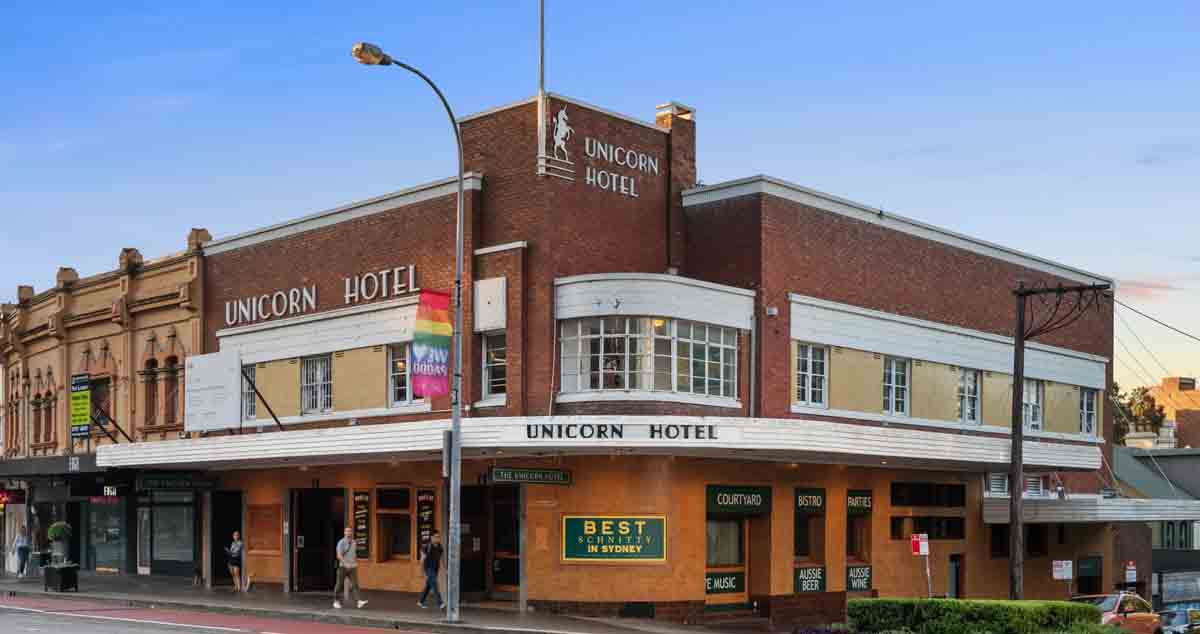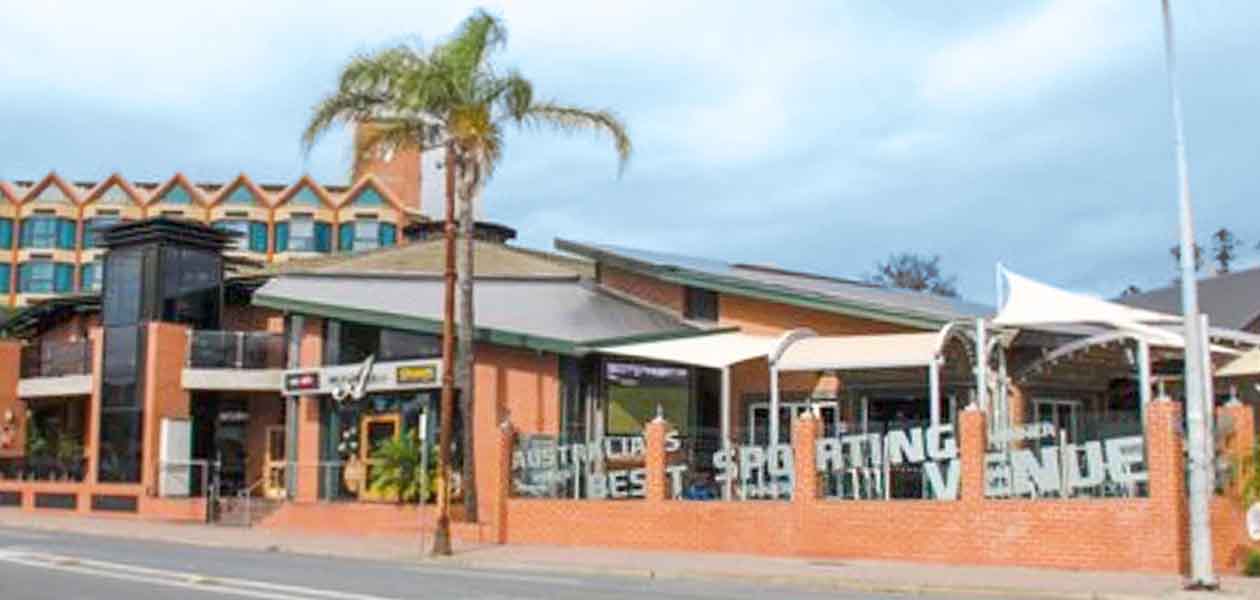Even as NSW and other states look to ease coronavirus trade restrictions a little further, industry bodies like the AHA are lobbying government for continued support for hard-hit sectors such as hospitality.
The second round of the Federal Government’s $101 billion JobKeeper program is due to wind up in March, following tightened criteria and reduced payments after the original September cut-off.
Wes Lambert, CEO of the Restaurant & Catering Industry Association, and Kate Carnell, small business and family enterprise ombudsman, are arguing on behalf of businesses still struggling in the coronavirus recovery. Lambert has proposed the idea of ‘HospoKeeper’ to Treasurer Josh Frydenberg.
The program would aim to assist hospitality businesses affected by future lockdowns, which are anticipated to continue around local outbreaks of the virus.
It would function as per JobKeeper, with businesses providing documentation of their decline in turnover, receiving $1,000 for full-time employees and $650 for part-time employees, per fortnight.
The Australian Hotels Association says it appreciates the financial assistance that has been provided to date by the government and Treasury, but believes the job is not done.
“We understand it can’t go on forever, but it should go on while governments are still imposing lockdowns and limits,” replied AHA CEO Stephen Ferguson.
The Association sees a case for continued assistance, both short-term and medium-term. It asks government to continue JobKeeper or adopt HospoKeeper, to “help businesses keep their head above water whenever trading restrictions are in place” as well as bring measures such as removing FBT to allow operators to pay down debt.
Carnell suggests prudence in determining eligibility, possibly including viability assessments by an accountant, to prevent further support being shelled out to so-called ‘zombie’ businesses that are destined to fold once stimulus ends.
The associations note a downside with the ongoing JobKeeper program in terms of economic recovery, being that businesses cannot claim the support for new and replacement staff members, even if the business is experiencing the required reduction in trade compared with a comparable period pre-pandemic.
The AHA notes some accommodation hotels are still closed and some CBD pubs trading at only 30 per cent, and that continued support for the worst hit would be in the spirit of fairness.
“Some sectors, such as hospitality and hotels, are bearing a disproportionate burden in this pandemic,” notes Ferguson.
“I am sure that all Australians want to look after those businesses and workers that are carrying the burden of keeping us all safe.”






